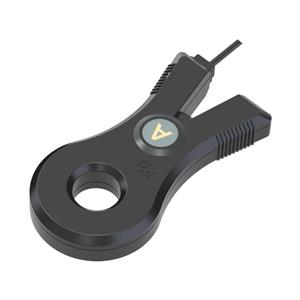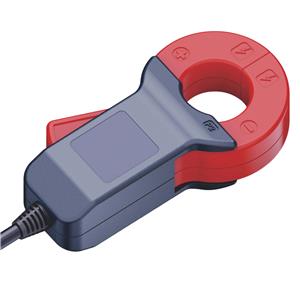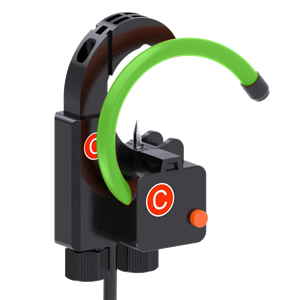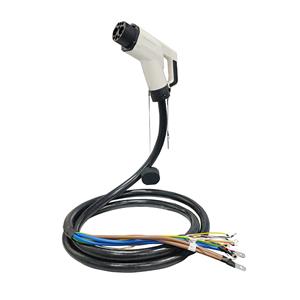Types of Precision Shunt Resistors
Precision shunt resistors are essential components in various electrical and electronic systems, enabling accurate current measurement and control. There are several types of precision shunt resistors available in the market, each with its unique characteristics and applications. This article will delve into the three main types of precision shunt resistors: metal foil resistors, thin film resistors, and wirewound resistors, highlighting their features and uses.
1. Metal Foil Resistors:
Metal foil resistors are known for their excellent long-term stability, low temperature coefficient, and high precision. These resistors are constructed by bonding a metal foil on a ceramic substrate and then trimming the resistance value to achieve the desired accuracy. The metal foil material used is typically made of nickel-chrome or nickel-copper alloys.
Metal foil resistors offer exceptional accuracy and stability over time, making them suitable for precision current sensing applications in industries such as automotive, aerospace, and medical equipment. They are also commonly used in precision power supplies, battery management systems, and electronic load testing.
2. Thin Film Resistors:
Thin film resistors utilize a thin layer of resistive material, such as nichrome or tantalum nitride, deposited on a ceramic or glass substrate. The resistance value is determined by the length, width, and thickness of the resistive film. Thin film resistors are known for their high precision, low noise, and excellent linearity.
These resistors find applications in precision voltage measurement circuits, precision amplifiers, and high-frequency signal processing systems. They are also suitable for use in high-precision instrumentation, medical devices, and communication equipment where accuracy and stability are crucial.
3. Wirewound Resistors:
Wirewound resistors are constructed by winding a resistive wire, typically made of nichrome or constantan, around a ceramic or fiberglass core. They offer high power handling capabilities and excellent stability under varying temperature conditions.
Wirewound resistors are commonly used in power electronics applications, such as motor control circuits, high-power amplifiers, and industrial automation systems. They are also suitable for precision current sensing in power supplies, battery chargers, and electronic braking systems.
In summary, precision shunt resistors play a vital role in accurate current measurement and control. Metal foil resistors, thin film resistors, and wirewound resistors are three primary types available in the market, each with its unique features and applications. Metal foil resistors are known for their stability and precision, thin film resistors for their low noise and linearity, and wirewound resistors for their high power handling capabilities. Selecting the most suitable type depends on the specific requirements of the application, such as accuracy, stability, power dissipation, and temperature coefficients.
SEO Keywords: precision shunt resistors, metal foil resistors, thin film resistors, wirewound resistors.




